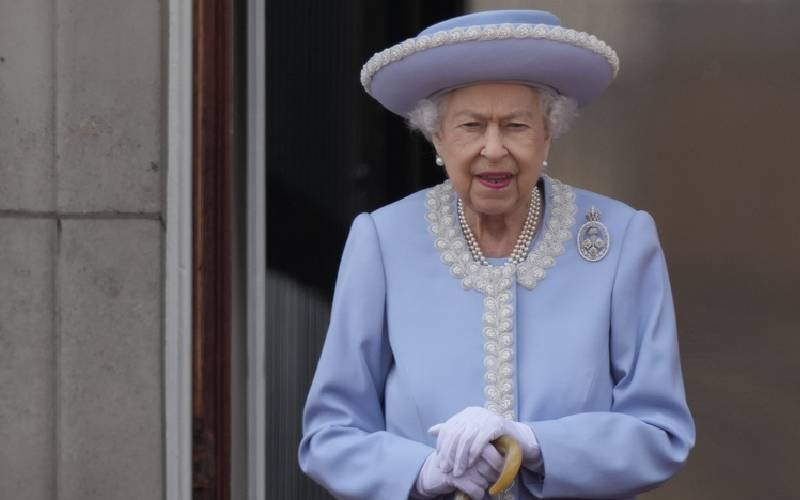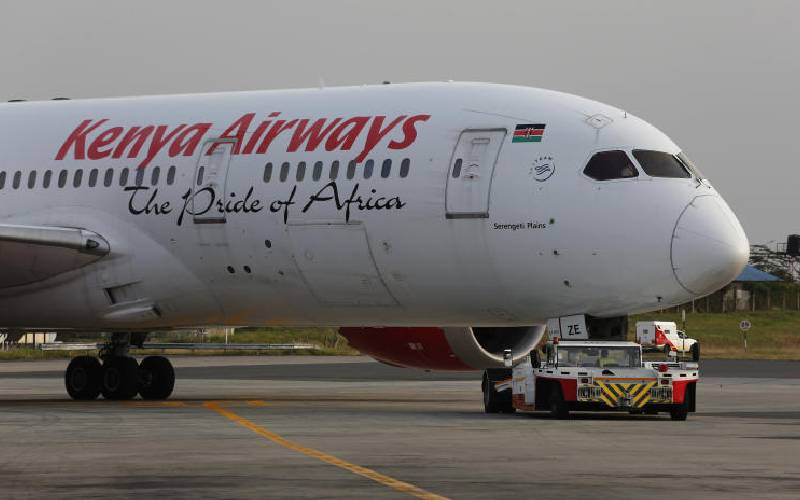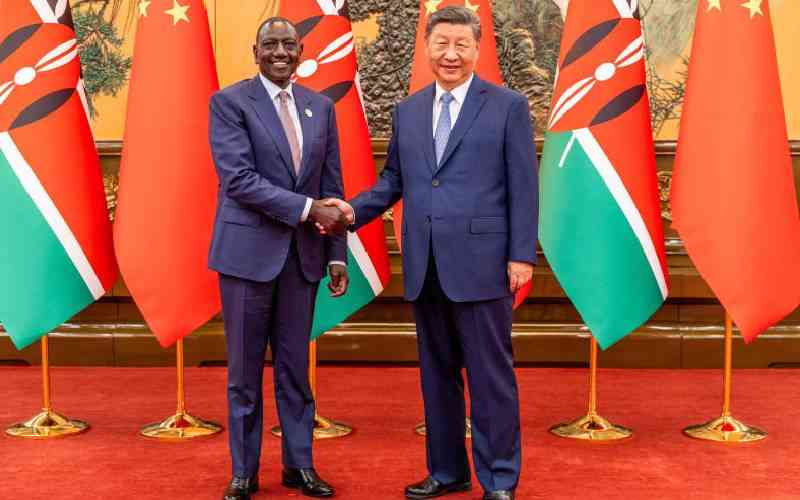×
The Standard e-Paper
Home To Bold Columnists

Elizabeth II's funeral in London is a global happening involving roughly 500 invited global elite; royalty, presidents and other leaders.
Since some 'leaders' are not wanted, the funeral is a statement of geopolitical leanings and symbolises British influence in the world.







